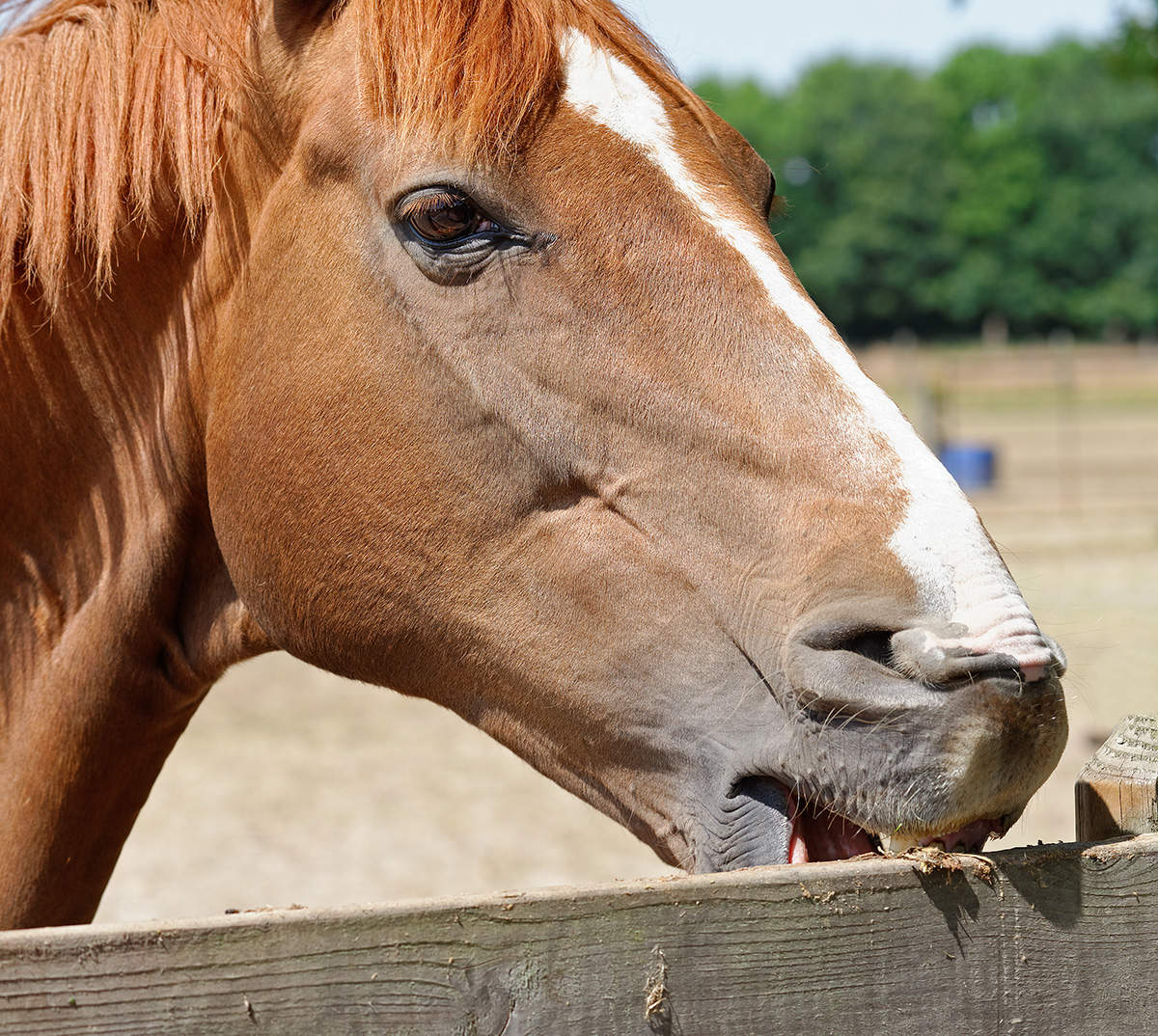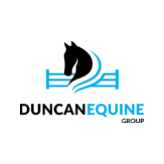Have you thought about how your fencing might affect your horse’s behaviour?
Choosing the right fencing materials can prevent the development of bad habits in your horses. Some of the most common bad habits of paddocked horses are chewing fences and windsucking, which can lead to significant maintenance issues and health risks for your horse.
Chewing Wood
Horses chew fences for a number of reasons, sometimes out of boredom, mineral deficiencies, or even stress. Timber posts and rails provide the opportunity for your horse to make this a habit – even if the initial cause of the behaviour is gone. Chewing on wood can lead to gastrointestinal obstructions from swallowed fragments, oral injuries from splinters, and even arsenic toxicity from treated pine. Furthermore, windsucking is a common cause of colic, weight loss, and dental issues. High-density polyethylene (HDPE) fencing, like that offered by Duncan Equine, presents an innovative and safer alternative.
Duncan Equine’s Stallion Rail and PVC posts are an exemplary choice for horse fencing. Horses are unable to gain the same satisfaction and nutritional substitution from chewing plastic posts or rails – therefore removing the desire to chew. This mitigates the risks associated with chewing and windsucking for the horse and reduces maintenance costs for the property owner.
The Duncan Equine Stallion Rail merges the aesthetic appeal of a post and rail fence with functionality – unlike a traditional timber rail, Stallion Rail can be easily electrified to serve as a deterrent, establishing a psychological as well as a physical barrier. This is not only more visually appealing than a stand-off wire – it is also safer for your horse.

Windsucking and Cribbing Pastes
Anti-crib pastes and stand-off wires are commonly used on timber post and rail fences to deter horses from windsucking, chewing, rubbing and eating through the fence. The issue with applying pastes is that they are labour-intensive and may not deter persistent chewers, while stand-off wires can detract from the fence’s appearance. More importantly, there’s a risk of horses getting entangled in the wires, making them a less safe option. Stallion Rail offers a superior alternative, combining visual appeal with safety and convenience.
Furthermore, these fences can withstand impact without shattering, providing a safe environment for the horses and a visually appealing aesthetic that mimics traditional painted wood without the associated issues.
When planning your horse fencing, consider the use of materials such as those provided by Duncan Equine for a safer, more durable, and lower maintenance solution that protects against bad habits like chewing, windsucking, and rubbing so you can find peace of mind.










